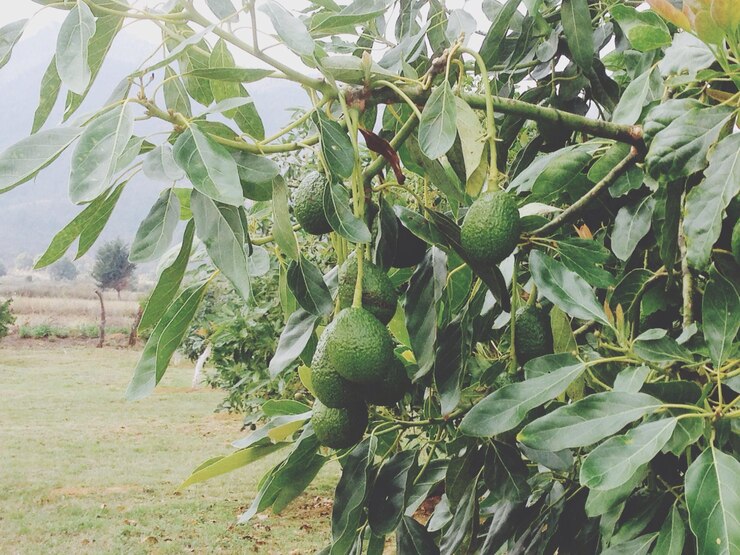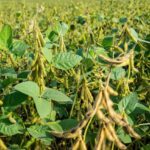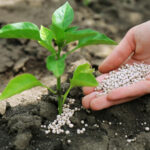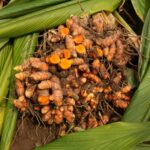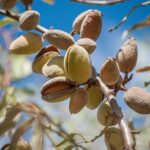Avocado farming has become increasingly popular in South Africa due to the fruit’s high market demand, both locally and internationally. The country’s warm climate, well-drained soils, and suitable rainfall patterns make it ideal for avocado cultivation, especially in regions like Limpopo, Mpumalanga, and KwaZulu-Natal. However, achieving consistent, high-quality yields depends largely on one critical factor—proper fertilization.
Choosing the best fertilizer for avocado trees in South Africa involves understanding the tree’s nutritional needs at different stages of growth. Avocados are nutrient-hungry trees that require a balanced supply of macro and micronutrients to thrive, resist disease, and produce fruit with optimal size, flavor, and shelf life.
One of the most recommended fertilizers for avocado trees is LAN (Limestone Ammonium Nitrate). LAN is widely used in South Africa as a nitrogen-rich fertilizer that promotes vigorous vegetative growth and strong root development. Nitrogen is crucial during the early growth phase of avocado trees and helps maintain healthy foliage, which is essential for fruit development and photosynthesis.
Another effective option is NPK fertilizers—blended formulations that supply nitrogen (N), phosphorus (P), and potassium (K). A balanced NPK ratio such as 3:1:5 or 2:3:4 is often ideal for avocado trees, depending on soil tests and the age of the tree. These fertilizers help enhance flowering, fruit setting, and overall tree health. Potassium, in particular, is essential for improving fruit quality, oil content, and resistance to pests and diseases.
Compost and organic fertilizers like well-rotted manure, vermicompost, or composted chicken litter are also widely used by avocado farmers aiming for more sustainable farming practices. These organic inputs improve soil structure, increase microbial activity, and supply slow-release nutrients that support long-term soil fertility. They are especially useful when combined with synthetic fertilizers for a more holistic nutrition program.
For farmers seeking specialized solutions, foliar fertilizers containing trace elements such as zinc, boron, magnesium, and manganese are important additions. Avocado trees are particularly prone to micronutrient deficiencies, which can negatively affect flowering and fruiting. Foliar applications of products like Multifeed or Kelpak—a seaweed-based biostimulant—can support plant vigor and reduce stress during dry periods or after pruning.
Soil health also plays a crucial role in determining fertilizer efficiency. Many avocado farmers in South Africa invest in lime or gypsum applications to correct soil pH and improve nutrient uptake. A soil pH between 5.5 and 6.5 is generally ideal for avocados. Gypsum, in particular, is valuable for improving drainage and calcium levels in clay soils.
To get the best results, it is highly recommended that farmers perform regular soil and leaf analyses. These tests provide accurate insights into nutrient deficiencies and guide precise fertilizer application. Over-fertilizing can be just as harmful as under-fertilizing, leading to nutrient lock-up, poor fruit quality, and environmental pollution.
In terms of timing, the best periods to fertilize avocado trees in South Africa are early spring (September to November) and late summer (February to April). This coincides with the trees’ active growth and fruit development cycles. Slow-release fertilizers can be applied at the beginning of the growing season, while liquid feeds and foliar sprays can be used throughout the year based on tree needs.
In conclusion, the best fertilizers for avocado trees in South Africa are those that combine essential macronutrients with the right mix of micronutrients and organic matter. LAN, NPK blends, compost, and micronutrient foliar sprays are top choices for achieving healthy tree growth and high avocado yields. Tailoring fertilization practices to local soil conditions, tree age, and seasonal demands will ensure the long-term success of avocado orchards across the country.

